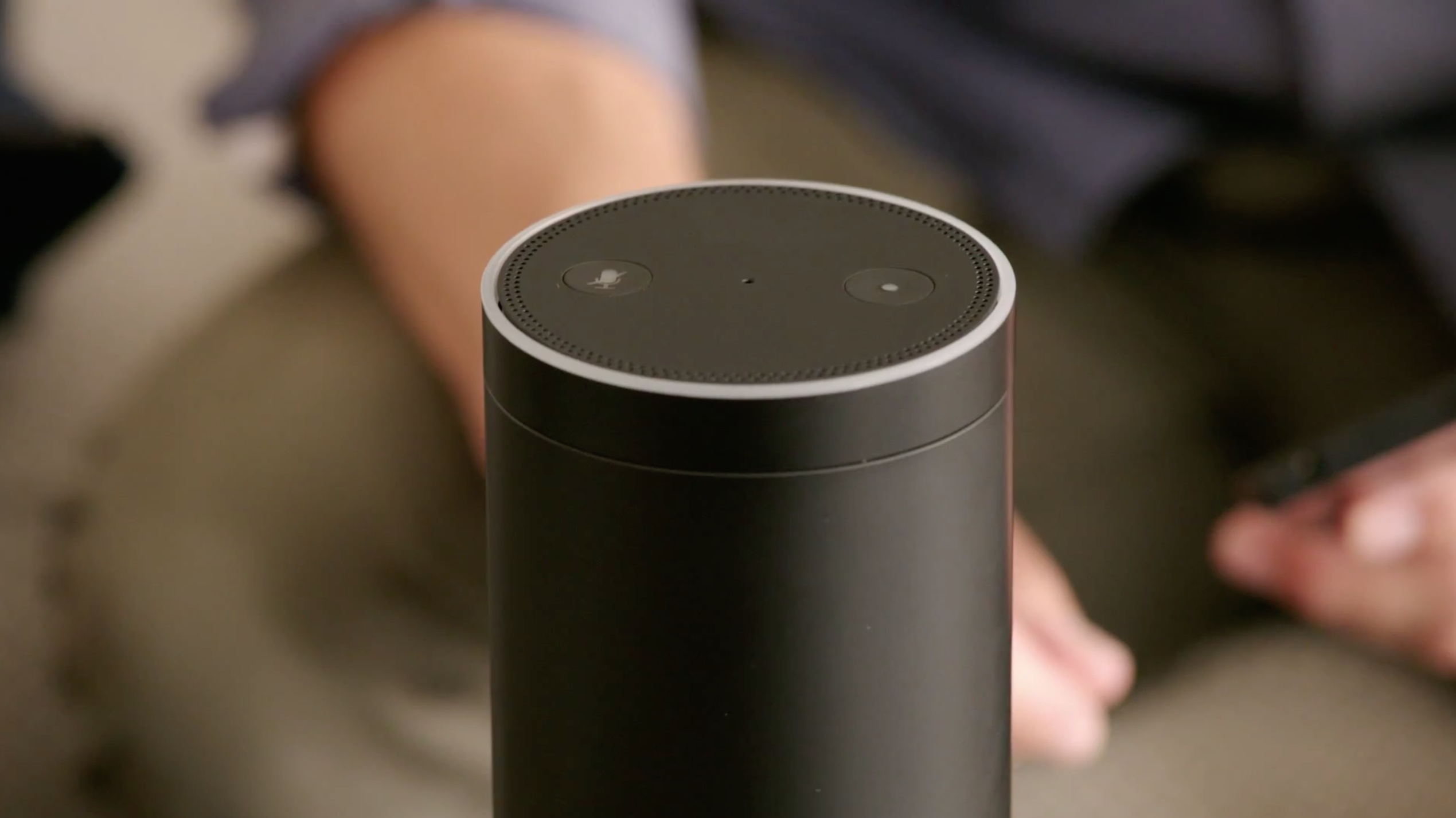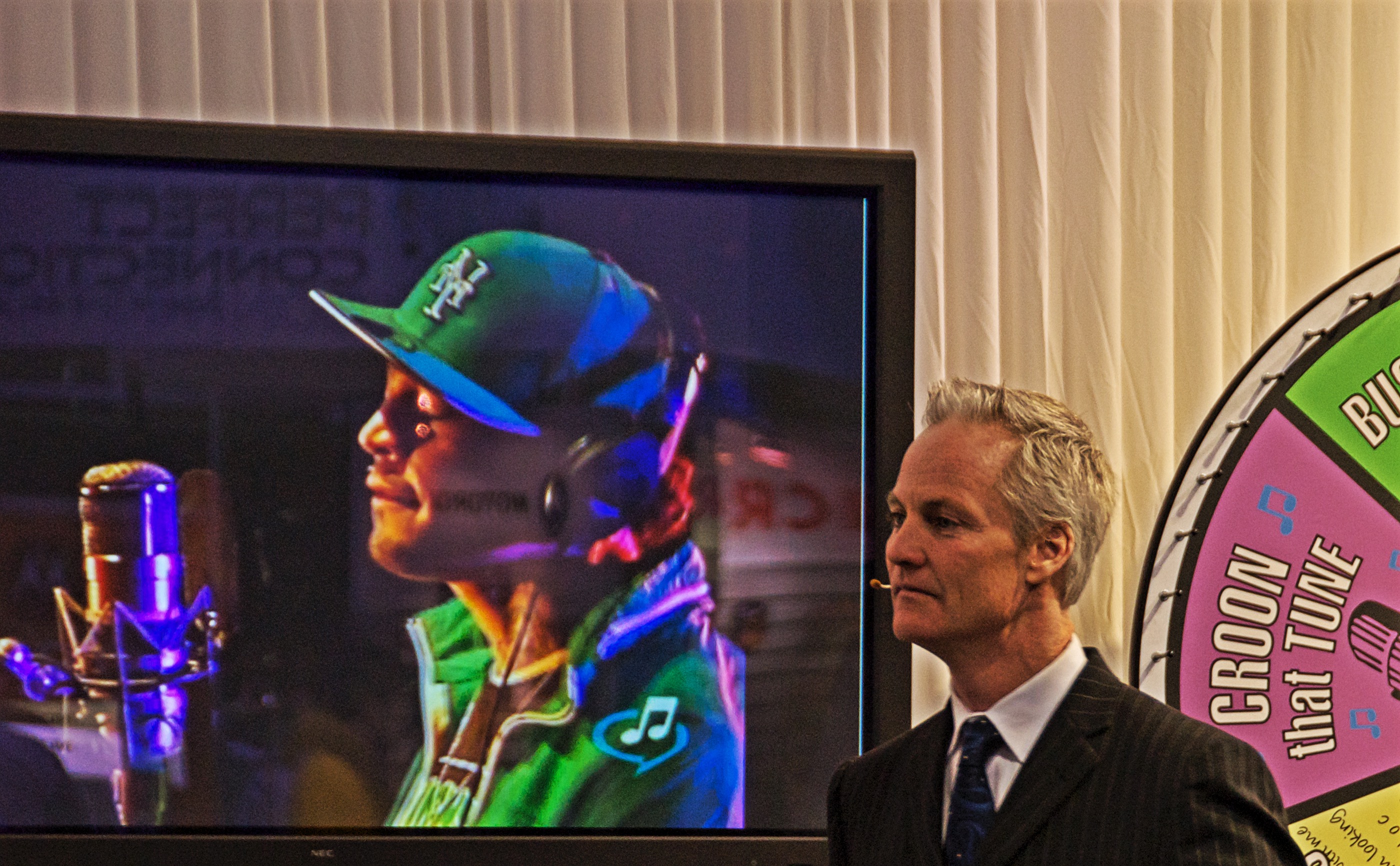This afternoon, I received the Toshiba Chromebook 2, purchased 24 hours earlier from Amazon. The computer tests my taste for the contextual cloud, as I contemplate moving back to the Google lifestyle abandoned in early summer 2014. While in some ways my creativity flourishes on Apple products, I also feel encumbered. Synchronization still stumbles across Apple devices; informational utility of Siri sucks; fumbling around with apps across the user interface is distracting and time-wasting.
While having used Toshiba laptops in the distance past, this is the first I paid for. I chose the Chromebook for what it has that nearly no other does, 1080p IPS panel. The screen type offers bright and bountiful viewing angles. Most other Chromebooks rely on TN panels that are typically 200- or 250-nit brightness, or likely less than your smartphone. There is one, good viewing angle—straight on! The Toshiba tops 300-nits, which is similar to my 13.3-inch MacBook Pro (late-2013 model). The published numbers I’ve seen vary, with the most consistent 339 and 320 nits, respectively.











